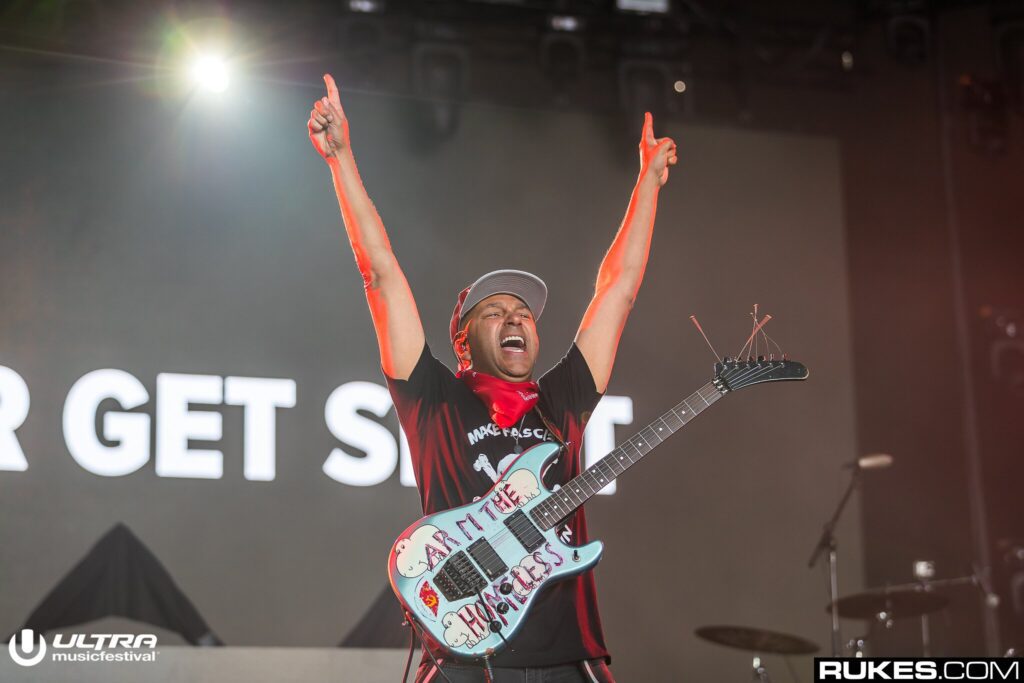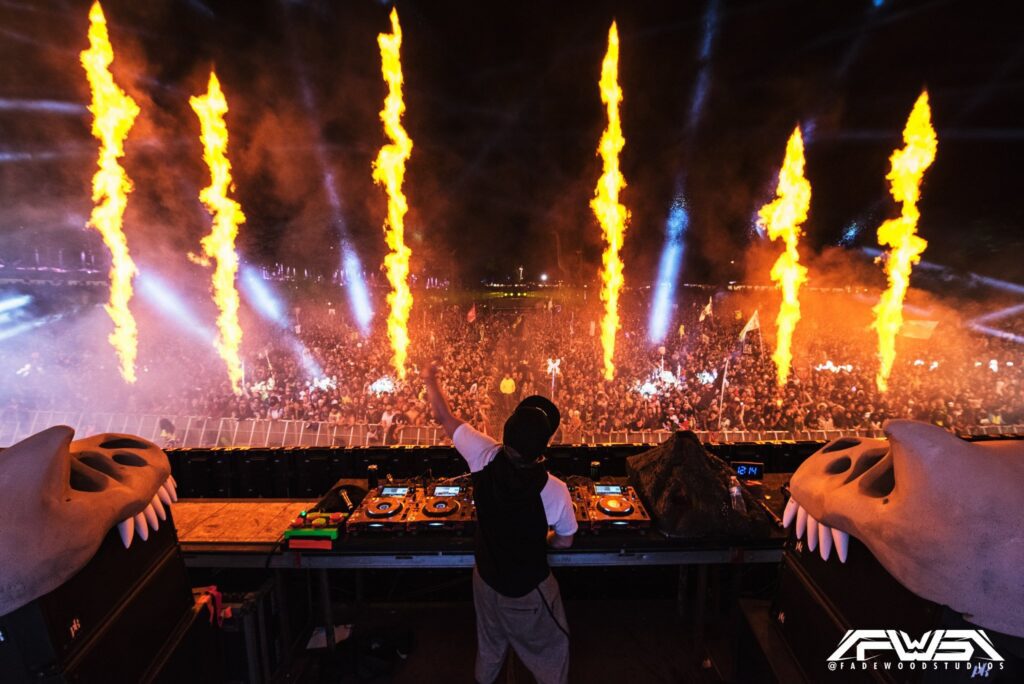The results from Germany’s coronavirus (COVID-19) concert study, RESTART-19, are in.
The good news: safe shows are theoretically possible during the pandemic under strictly enforced guidelines. The bad news: safe conditions for concert goers are extremely difficult to replicate in real-life scenarios.
A couple of months ago, the University Medical Center of Halle (Saale) held an experimental concert at Leipzig’s Quarterback Immobilien Arena to study how COVID-19 spreads during large-scale events. Three scenarios tracked and traced contact between approximately 1200 volunteers — the first run with no social distancing, the second with moderate social distancing, and the third with reduced capacity and ample distance between parties of two.
As anyone could have guessed, the first scenario with no social distancing went horribly, but as social distancing and ventilation was more strictly enforced, the potential risk for spreading the virus went down. Dr. Michael Gekle, a researcher on the study, said: “There is no argument for not having such a concert. The risk of getting infected is very low.”
“Such a concert,” aka the most ideal scenario in the study, would mean operating at an aggressively slashed capacity and enforcing all audience members to wear N95 respirator masks at all times. “Such a concert” would also include upping venue staff with more ticketing and security personnel. The study found proper room ventilation to be essential as well. The point here being — most of these factors are not generally cost effective for venues.
Creating a COVID-safe environment in a controlled setting is one thing, but applying in real life is where it gets tricky. There’s still much to be learned about about COVID-19 and super-spreading events. As for when large-scale concerts will return, the music industry is looking well into 2021.
Read the full study here — The Risk of Indoor Sports and Culture Events for the Transmission of COVID-19 (Restart-19).
Source: Consequence of Sound | More: RESTART-19









